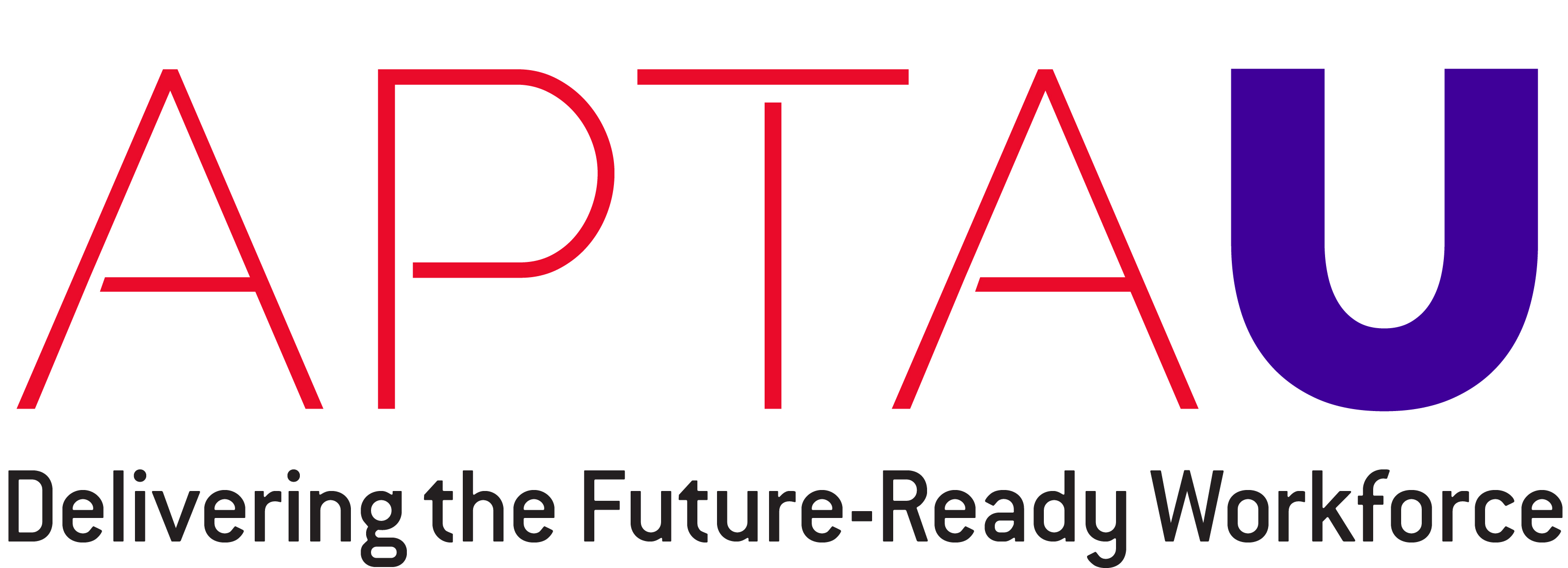
It's in the Schedules: Better Operator Work Schedules to Improve Satisfaction and Retention (Leadership APTA 2024)
-
Register
- Member - Free!
Retention challenges are exacerbating operator shortages across the continent. Various research has gone into understanding why people stay or leave jobs across many industries, including in public transit. Through our research, we found key factors for retention include things such as wages and benefits, transparent communication, and creating opportunities for growth and advancement.
One of the other key factors identified, and more unique to public transit, is work schedules – especially for operators. Conventional scheduling methods, a long-term overemphasis on efficiencies, and well-meaning labor agreements have resulted in crewing / run cutting solutions full of "good" and "bad" work. Although “good” and “bad” can be very subjective based on who you are and your lifestyle, research shows that the work operators select is crucial to their satisfaction and retention. We argue, as an industry, we have lost connection with the human factor and disregarded the impact on quality of life. For operators, this means if the work does not suit their lifestyle, personal needs, and they are continually stuck with the least desirable choices, they will leave.
This project explored work schedules from the operators’ points of view, the desires and needs of planning and management teams, how technology is adapting, and maybe more importantly, why we all should care. What makes a good schedule? Why should we regularly engage with our operators? How can we do better? The answers to these questions re-frame scheduling to be human-centric, meet people’s needs, and transcend seniority, all of which help us to drive greater operator satisfaction and retention.
Project Team:
- Alesia Cain, Co-coordinator (Clever Devices)
- Inessa M. Vitko, Co-coordinator (TriMet)
- Emmanuella Myrthil (SEPTA)
- Hitham Hamdon (Golden Gate)
- Laurence Lui (TTC)
- Tamika White (PSTA)
